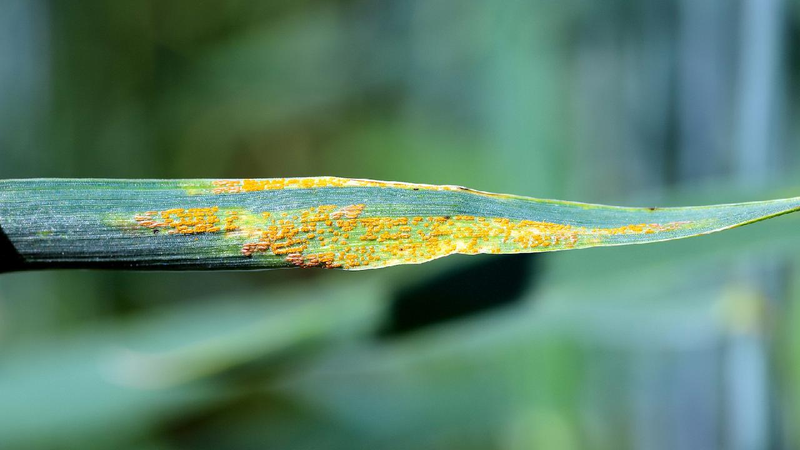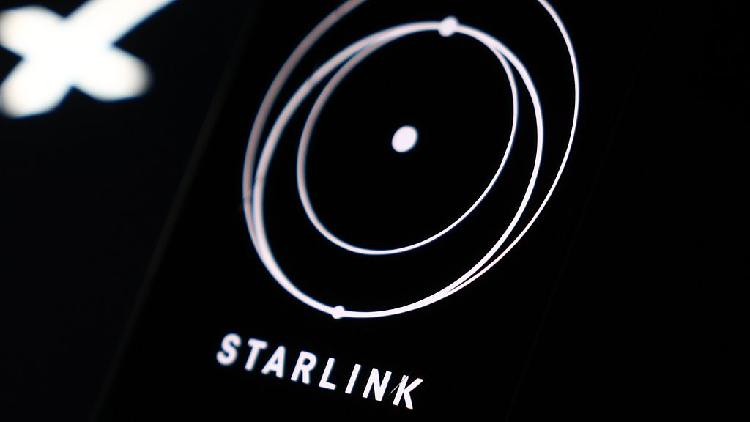Surprising Space News: Planets Grew Bigger and Longer in the Early Universe! 🌌🪐
Hey space fans! 🚀 Guess what? NASA’s amazing James Webb Space Telescope has made a super cool discovery about how planets formed in the early universe. Let’s dive in!
Planets Forming When the Universe Was Young
A long time ago, right after the Big Bang, the universe was very different from today. Scientists thought that there weren’t enough of the heavier elements (like iron and carbon) needed to make planets. But new findings suggest something exciting!
What Did the Telescopes Find?
Back in 2003, NASA’s Hubble Space Telescope spotted a massive planet orbiting a very old star—almost as old as the universe itself! 🌟 This was surprising because that star didn’t have many heavy elements, which are like the building blocks for planets.
Now, with the new and more powerful James Webb Space Telescope, scientists looked at stars in a nearby galaxy that’s similar to the early universe. They discovered that not only do some of these old stars have planet-forming disks (think of them like big pizza dough spinning in space 🍕), but these disks last longer than the ones around young stars in our own Milky Way galaxy!
Why Is This Important?
This means planets could form and grow really big—even bigger than Jupiter! 🌠 It also means that planet-building started earlier in the universe than we thought.
What Scientists Are Saying
Guido De Marchi, a scientist from the European Space Research and Technology Centre, said: “With Webb, we have a really strong confirmation of what we saw with Hubble, and we must rethink how we model planet formation and early evolution in the young universe.”
What Does This Mean for Us?
This discovery helps us understand more about how planets—including ones like Earth—came to be. Maybe there are even more planets out there than we imagined! 🌍✨
Keep Looking Up!
The universe is full of surprises, and who knows what we’ll discover next? So keep your eyes on the stars, and maybe one day, you’ll be the one making the next big discovery! 💫
Reference(s):
Webb finds planet-forming disks lived longer in early universe
cgtn.com




